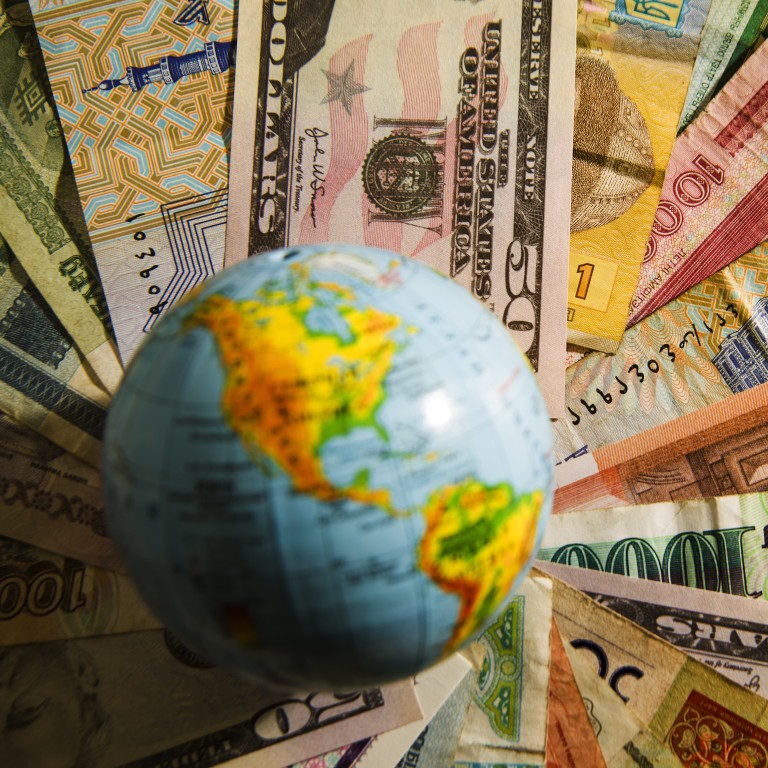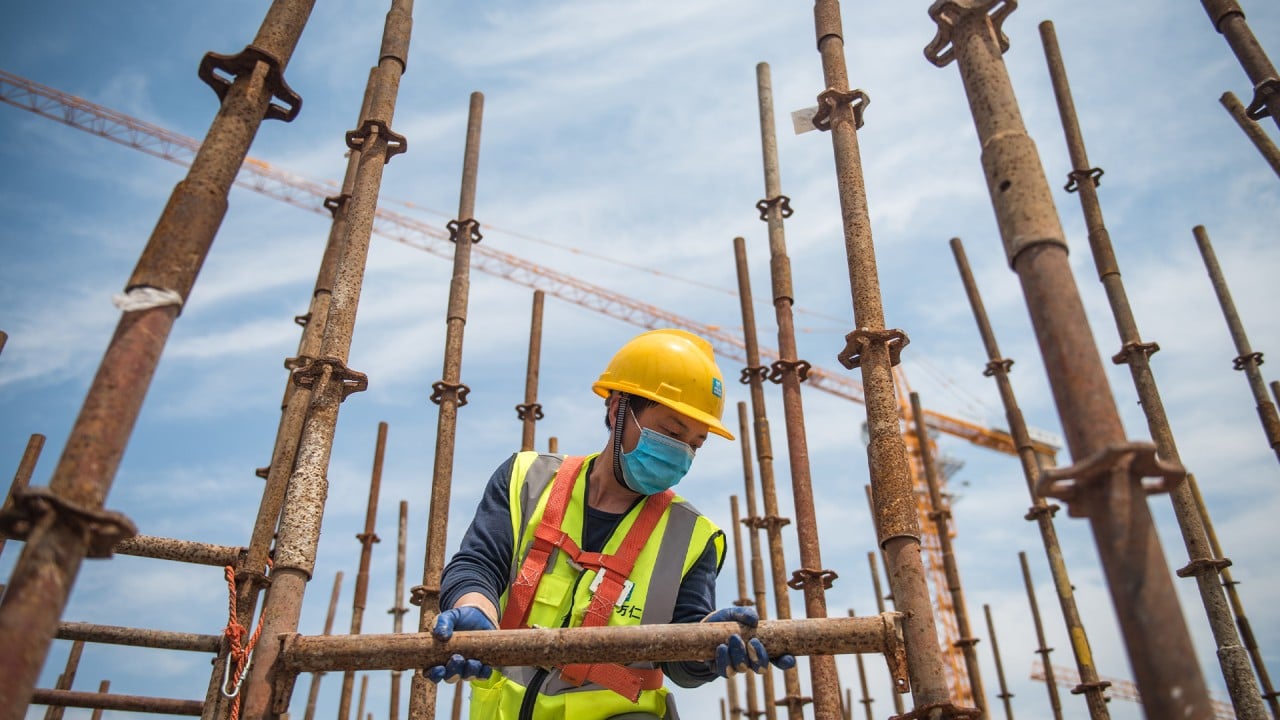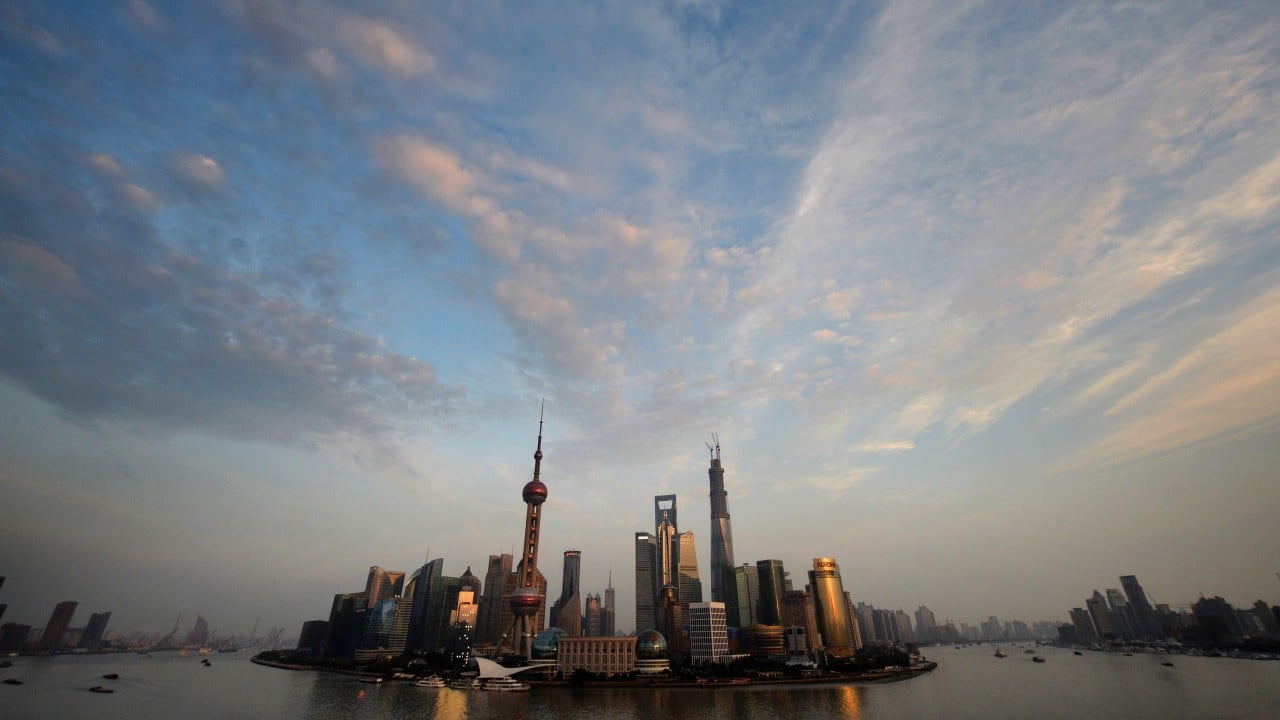
China calls for global action to stop big flows of pandemic-fuelled hot money
- Banking watchdog vice-chairman says recovery is unstable and interest rate differences could cause asset bubbles to burst
- Securities regulator underlines zero tolerance for finance fraud in the sector
Addressing the International Finance Forum in Beijing over the weekend, regulators also vowed to have zero tolerance for market manipulators.
Liang Tao, vice-chairman of the China Banking and Insurance Regulatory Commission, said that with the recovery of developed economies, market volatility and vulnerabilities had increased as expectations shifted towards tighter monetary policy.
But the recovery remained unstable and unbalanced, as coronavirus cases mounted in some countries, Liang said.
“While advanced economies are insisting on low interest rate policies, some emerging economies have recently announced interest rate hikes,” Liang said.
“[This] may cause a repricing of global financial assets and even cause asset bubbles to burst.”
As a result, there needed to be tougher cross-border monitoring of capital flows to prevent financial crises, he said.
Liang also said developing countries should have a bigger voice in the global economic governance system, ensuring it was more inclusive as it adapted to changes in the economic structure around the world.
Li Chao, vice-chairman of the China Securities Regulatory Commission, told the forum there would be “zero tolerance” of any illegal activities involving securities, and China would continue to crack down on fraudulent issuance, financial fraud, and market manipulation to let “bad performers pay a heavy price”.

05:02
Coronavirus backlash further fraying China’s ties to global economy
Zhou said the RCEP could reshape trade rules while further regional economic integration could smooth out global industrial and supply chains.
“We hope to see the RCEP signatories speed up the completion of the domestic review process, and the free-trade agreement negotiations between China, Japan and South Korea to move forward,” Zhou said.
“We will strengthen the overall coordination of the RCEP and CPTPP agreements, promoting a more open level of markets and broader coverage in the free-trade agreement in the Asia-Pacific,” he said, referring to the Comprehensive and Progressive Agreement for Trans-Pacific Partnership.
With around 30 per cent of the world’s GDP and population, China is the biggest member of the RCEP, a deal signed last year by 15 member states, excluding the United States.
Coronavirus: how the massive pandemic debt bill has ‘reshaped the global economy for good’
It is the first time China, South Korea and Japan have been part of the same free-trade pact, potentially making it easier for China to skirt US sanctions and buy hi-tech goods with embedded research and development from its two neighbours.
At the same time, it was necessary to strengthen China’s Belt and Road Initiative, the Master Plan on Asean Connectivity 2025 and the Eurasian Economic Union for infrastructure construction and increase the economic growth potential, he said.
Zhou also said China would supply more than US$1.3 billion in debt relief as part of a G20 initiative to ease the burden from the pandemic on the world’s poorest countries.

05:59
Coronavirus: What’s going to happen to China’s economy?
Jin said the AIIB, along with other international banks, maintained that new financing should be provided to debt-trapped countries to support their economic development.
“The international community must join hands once again to make the global governance system a system that is truly capable, authoritative, and one with its own teeth,” he said.

